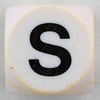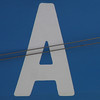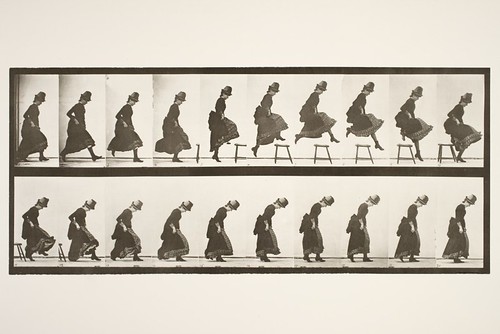





What I found most fascinating, while taking the "tour" the site offers, was what they call The Commons - images from many archives & collections. I spent a lot of time exploring this, as a lot of pictures I found by exploring different tags there is the kind stuff that I can spend hours looking at.
I even found my previous employer's, the George Eastman House, has an account, with over 900 photos from the collections. Every day at work, when I brought up the browser on the computers there, the home page was the main website, and I know I've seen the flickr logo on there before, but never bothered to click it.
This is actually fantastic that they've done that, because, although its obviously nothing like seeing a print in person, making even a small part of the Eastman House's massive collection available to view by anyone is a great thing. I know from experience, three summers of working at the admissions desk, that what so many people want is to be able to see stuff in the archives that there is never physical room for in the ever-changing exhibition galleries. I don't know if the museum's flickr was around the last time I worked the desk over a year ago, but if it was, I wish I had been made specifically aware. I could have had so many people walk away from my desk with even more satisfaction than their visit had already given them, instead of telling them that pictures in the archives were not accessible by the public.
Flickr obviously serves many purposes, and serves them well, but this was one aspect I was particularly fascinated by, and pleased by. I think this is an amazing way of collections & museums to share their treasures with the world, and another reason why the internet is actually such a great thing.

('Jumping; running straight high jump' by Edward Muybridge, from the collection of George Eastman House on Flickr)
